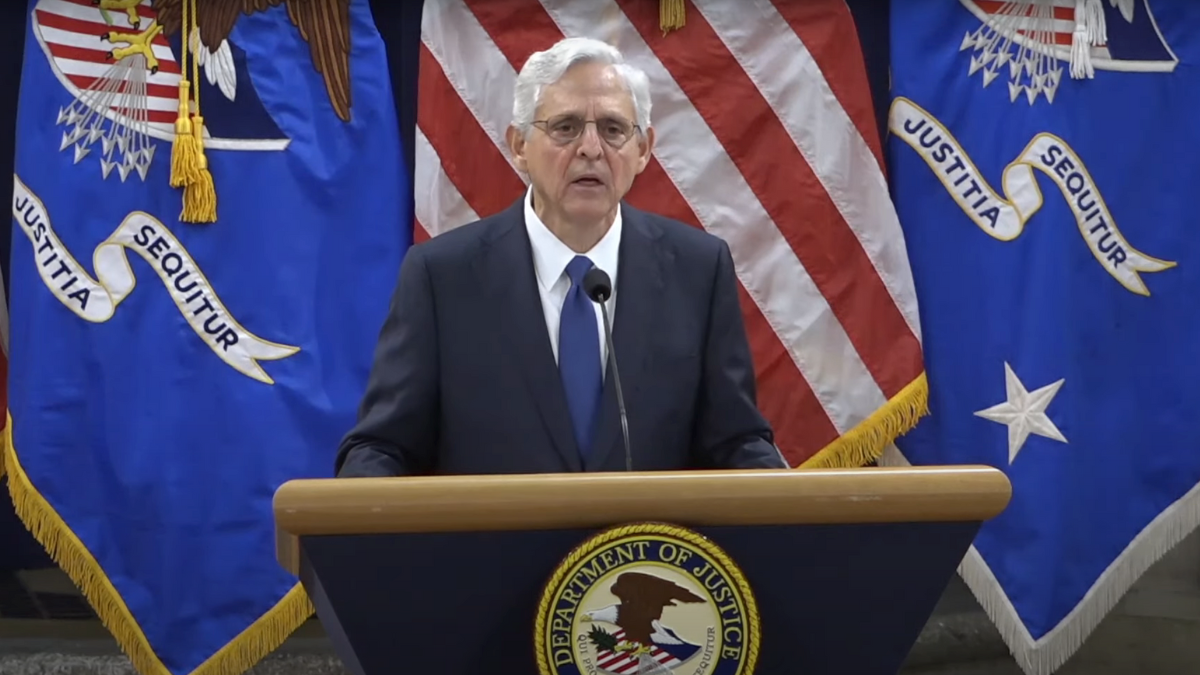What are the key questions for the new Farm Bill?
Engaging the Future of Agriculture: The 2023 Farm Bill
As the House Agriculture Committee embarks on drafting this year’s Farm Bill, the anticipation is palpable. With many unknowns surrounding its timeline, passage, and potential changes, the stakes are high.
The Farm Bill, a bipartisan legislation that comes up for re-authorization every five years, holds immense significance for Congress. House Agriculture Committee Chairman Glenn Thompson (R-PA) is determined to preserve its bipartisan nature.
Listening to the Heartland: Strengthening America’s Agricultural Future
“The Committee has spent thousands of hours listening to agricultural stakeholders across the country,” Thompson emphasized during a recent hearing. “As we continue drafting, it is my goal that the 2023 Farm Bill will be one that strengthens national security, restores the farm safety net, and revitalizes rural America.”
Recognizing the need to educate members and staff on the importance of the Farm Bill, the committee has undertaken extensive efforts. Surprisingly, over 260 members of Congress have never voted on a Farm Bill before.
The committee aims to have the draft text ready for action once the House resumes session, ensuring a swift start to the legislative process. This comprehensive bill covers a wide range of agricultural and nutritional policies, including crop insurance, conservation efforts, and food assistance programs.
The SNAP Challenge: Navigating the Food Assistance Debate
One of the most contentious aspects of the Farm Bill is the Supplemental Nutrition Assistance Program (SNAP). With a projected spending of $1.2 trillion over ten years, some hardline conservatives seek to scale back and reform this program.
However, Chairman Thompson aims to strike a balance, advocating for innovation, financial independence, integrity, and health as guiding principles for the food stamp program.
Yet, the Farm Bill faces challenges from within Congress. Members of the Freedom Caucus, like Rep. Bob Good (R-VA), have expressed their dissatisfaction with the bill, viewing it as a symbol of Washington’s worst politics.
Preserving Stability: The Role of Crop Insurance
Another critical component of the Farm Bill is crop insurance, projected to cost $101 billion over a decade. Rep. Don Bacon (R-AR) emphasizes the importance of crop insurance in protecting farmers during challenging times, preventing food instability.
While the bill’s fate remains uncertain, Chairman Thompson remains committed to its passage. He acknowledges the political landscape but plans to maintain control and ensure its success, even in the face of potential amendments.
As for the timeline, the Farm Bill’s passage depends on various factors. The House’s floor time allocation, potential government shutdowns, and the Senate’s approval all play a role. The process may extend into the next year, but Chairman Thompson’s determination remains unwavering.
Charting the Course: The Conference and Beyond
Once the bill clears the House, it faces further hurdles in the Senate and the conference committee. Crafting a conference report that satisfies both parties and garners presidential approval is no easy task. However, Chairman Thompson’s leadership in the conference committee ensures a strong guiding hand.
The future of American agriculture hangs in the balance as the House Agriculture Committee forges ahead with the 2023 Farm Bill. With bipartisan cooperation, innovative solutions, and a commitment to rural America, this legislation has the potential to shape the nation’s agricultural landscape for years to come.
Click here to read more from the Washington Examiner.
" Conservative News Daily does not always share or support the views and opinions expressed here; they are just those of the writer."




